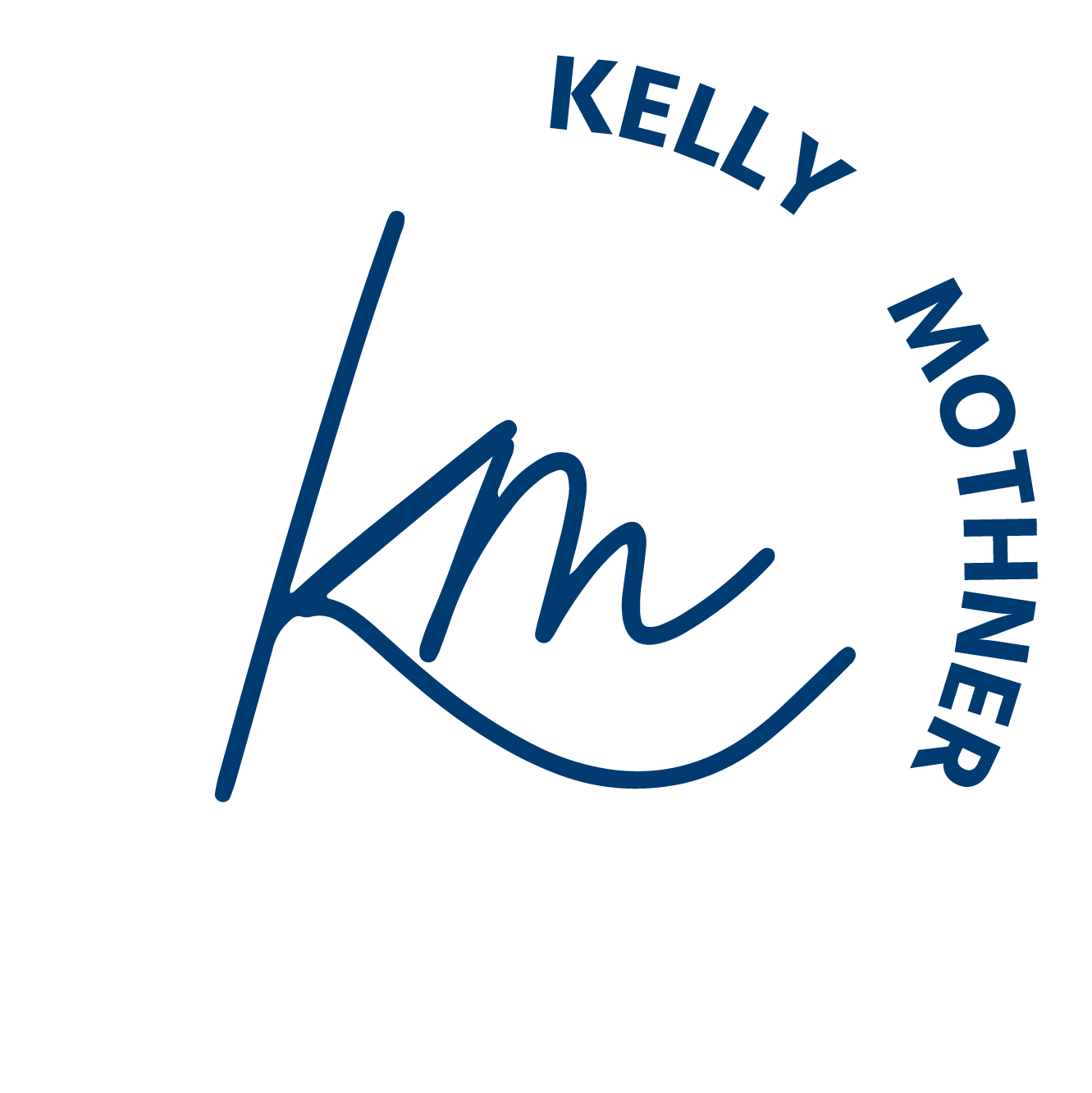What Makes a Healthy Relationship?
Relationships, and romantic relationships, in particular, are one of the most important parts of life. We rely on our intimate relationships for resilience and solace in bad times and for companionship and mutual joy in good times. We learn from our partners, we help each other grow, and we help each other live to our fullest. As anyone who’s ever really been in love understands, a great relationship can be one of the most fulfilling things to experience in life.
Unfortunately, though, relationships aren’t always great – and more often than not, they fall apart. Almost half of all marriages end in divorce, and only 3 in 10 marriages remain healthy and happy for life – not a pretty picture. But what’s different about those couples who do end up making it work? Is it a matter of chance, predisposition, or are there things any of us can work on to make our relationships healthier and happier?
Kindness Is the Key
According to a 1986 study by John Gottman and Robert Levenson of the University of Washington, the answer to this question is simpler than we might think. Gottman & Levenson brought couples into a lab that was remade into the perfect likeness of a beautiful bed and breakfast, then observed them as the couples got their own little “vacation,” hanging out and spending time together. The researchers then followed up with these couples 6 years later to see which remained in a healthy relationship and which had separated or devolved into a loveless marriage.
Their discoveries are nuanced but strikingly simple, and they have profound implications for how each of us can live our own relationships. Above all else, though, they found that one factor predicted a healthy, long-lasting relationship above all others: kindness. Couples who regularly practiced kindness towards each other were far more likely to enjoy their partner’s company to still be happy with the partner at the 6-year follow-up. Couples who showed contempt for their partner, on the other hand, were in far more danger of a failed relationship.
Different Kinds of Kindness
“Kindness” is a big word, and it can mean a lot of things. In this study, the researchers found that one of the most important components of kindness in a relationship is, counterintuitively, found in how we respond to the most mundane comments of our partners.
Throughout the day, the researchers saw that participants would make little requests for connections, which they called “bids.” These were usually mundane and simple:
“Look at that pretty bird outside!”
“These avocados are so ripe and delicious.”
“My back hurts a little bit, I think I slept on it wrong.”
Bids are the simple, mundane things that we say to each other throughout the day. But while on the surface they’re just small talk, underneath that, they’re requests for connection. The “kindness” that the researchers speak of has to do with how participants would respond to their partner’s “bids.”
The Four Horsemen of the Apocalypse
The researchers found four distinct kinds of responses to a bid, and these have since become known as the “Four Horsemen of the Apocalypse.” The four types are:
- Active Destructive
- Passive Destructive
- Passive Constructive
- Active Constructive
Active destructive is the least kind of them all, and sometimes it’s openly hostile. If a partner made a bid such as “I got the most delicious-looking heirloom tomato at the store today,” an active destructive response would be “Oh I hate heirloom tomatoes, they’re so weird and gross.” This response actively shuts down the partner, turning excitement into negativity.
A passive destructive response to the same bid would be to essentially ignore the bid – instead of commenting on the tomato, to simply say “I read the coolest thing online!” A passive constructive response is better – it acknowledges the bid, but only minimally. This might look like a response of “Oh, cool,” as the partner doesn’t look up from what they’re doing.
Finally, active constructive is the kindest and the most likely to build a happy, healthy relationship. An active constructive response shares and amplifies the partner’s excitement, unambiguously accepting the request for connection. An active constructive response might be: “Oh awesome! What do you want to do with it? Let’s look up some recipes online!”
Practicing Kindness for Healthy Relationships
Some may think that this kind of kindness is innate – that some people are born with it, and others are doomed without it. A better way to think of it, though, is like a muscle. We can practice kindness by working to recognize bids for what they are and consciously choosing active constructive responses. This is a way to foster healthy relationships that stand the test of time, and it will make us happier in the long run.
Practicing kindness can be hard, but there’s plenty you can do to work on it in your own life. A daily practice of meditation is a powerful way to train our brains to be cognizant of our own actions and desires, and it can help us consciously choose our responses in daily life. Therapy is another great avenue – and as a specialist in couples therapy, I have plenty of experience helping couples and individuals learn to implement healthy relationship techniques in their lives.
Contact Your Hermosa Beach Therapist
If you’d like to work on being kind in your relationship – either on your own or with your partner – please know that I’m always here to help. I have years of experience helping couples find healthy, happy patterns in their relationships, and you can trust that I will bring non-judgmental compassion and a positive outlook to each one of our sessions. If you’d like to pursue therapy for yourself or both you and your partner, please reach out to me at my contact page.


